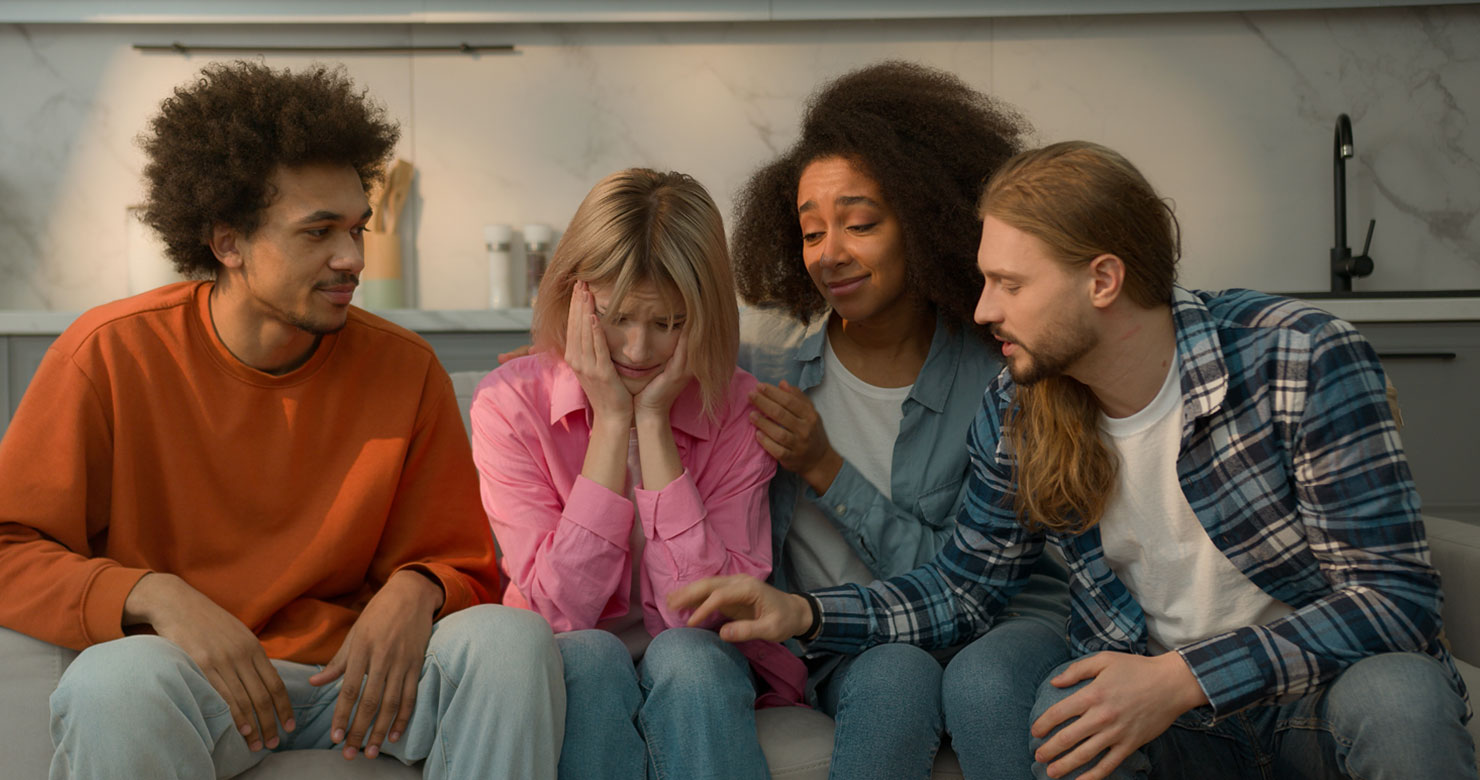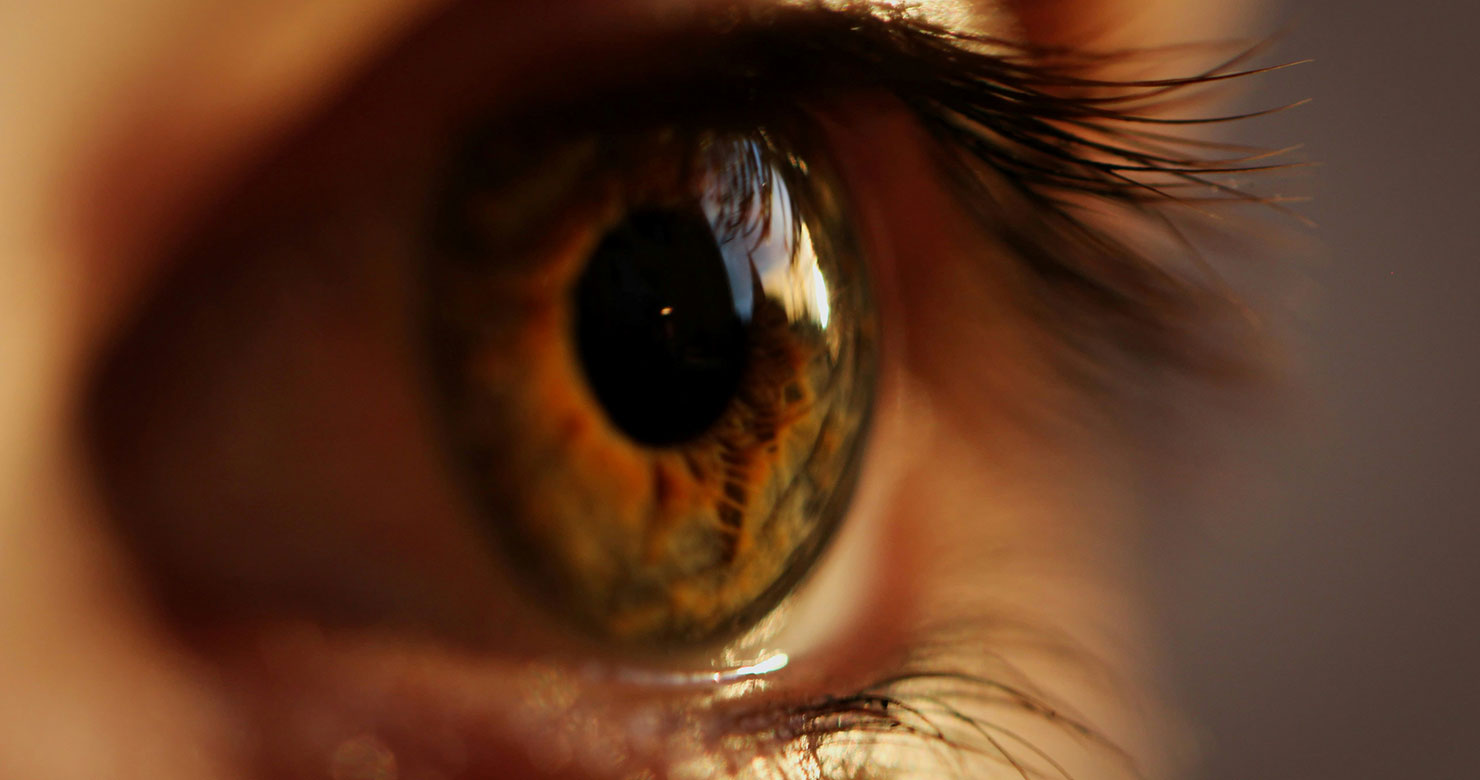It is common to feel a bit of anxiety around other people from time to time. If the anxiety is more severe than regular shyness, and is interfering with your ability to live your life, you may be suffering from social anxiety: one of the most common anxiety disorders.
Social anxiety disorder, or ‘social phobia’ is more extreme though, as it typically involves heightened anxiety, self-consciousness, or embarrassment that is driven by a strong fear of being negatively judged by others. This can lead to people with social anxiety avoiding social situations or missing activities that they might otherwise enjoy.
Living in a busy world with jobs, family, and friends can expose someone with social anxiety to many potential triggers at any time. It’s common for people to feel:
Worried that others are noticing what they’re doing or constantly looking at them. They may also find it difficult to do things when others are watching.
Hesitant to do everyday activities, like going to the shops or restaurants for fear of starting conversations.
Nervous when in a busy space – they may find themselves hovering around the entrance because they feel afraid to go in.
Physical symptoms, such as numbness, dry mouth, feeling sick, sweating, trembling or a pounding heartbeat.
People will have different experiences of social anxiety. They might also worry about how others perceive them, like if they think they’re unattractive or boring. They might feel fine with a group of friends but agonize over speaking in a meeting in front of their boss. We’ve looked at how it affects phone calls in a previous blog. Feeling this way can make it challenging for people with social anxiety to enjoy themselves or do the things they want to.
Rather than viewing a situation from their own perspective, they try to look through others’ eyes and anticipate their thoughts. As a result, they’re unlikely to be fully engaged in the interaction and they’ll likely miss important information. It’s difficult to have a proper conversation if you’re focused on how you’re coming across or imagining what’s going through other people’s minds. Over-focusing on how they come across can have the opposite effect and may make them appear distant or uninterested. For many people with social anxiety, the worry doesn’t end when the interaction finishes. There’s usually a period when they review what happened, mull over the mistakes they think they’ve made, criticise themselves and feel down. Having a poor interaction will make someone with social anxiety more likely to dread similar situations in the future, and try their best to avoid them. Or they’ll go and feel uncomfortable the whole time.
Social anxiety can have an impact on people’s quality of life and happiness. Someone might drop out of school or college earlier, find it hard to form fulfilling relationships, or stay in a job which bores them, but which feels ‘safe’. If your social anxiety is fairly mild and you feel able to try to tackle it yourself, learning to think objectively about the situations that trigger it can make it easier to deal with, so try some of the tips below:
Shift your focus.
Make a concerted effort to notice your surroundings and look at people, shift your focus from yourself to the environment around you.
Be in the moment.
When you’re talking to someone, listen and concentrate on what they’re saying rather than wondering how you’re coming across, or thinking about what you’ll say next.
Challenge your thoughts.
What evidence do you have that, for example, someone has decided you’re not interesting?
Don’t forget about the good bits.
Instead of fixating on the negatives, notice and remember if you make someone laugh, or you have an interesting chat with a new person. Be aware that the more you avoid social situations, the worse your anxiety will get. If there’s an opportunity to socialise, take it if you can.
Don’t be afraid of silences.
Interactions ebb and flow – it doesn’t mean that someone doesn’t like you or the conversation has ended.
Remember it’s normal not to ‘click’ with everyone.
Sometimes you’ll meet someone you don’t get on with, or you’ll have an awkward interaction. It’s not you, it’s just being human.
Don’t be tempted to use alcohol to help you cope in social situations.
It can help to take the edge off, but will probably make the negative thinking worse. There’s also the risk it will become a crutch.
Many people have difficulties with social anxiety for several years before seeking help.
If you’ve been struggling for a while, and you’re finding it difficult to manage, you might want to think about getting professional help as soon as you feel ready.
Cognitive behavioural therapy (CBT) is a very effective treatment for social anxiety. During your sessions, the therapist will guide you in challenging the beliefs and views you have about yourself in social situations. This can be reinforced by collaboratively planning and doing experiments to help you build confidence gradually. Don’t worry you will not be expected to do anything you don’t feel ready to.






